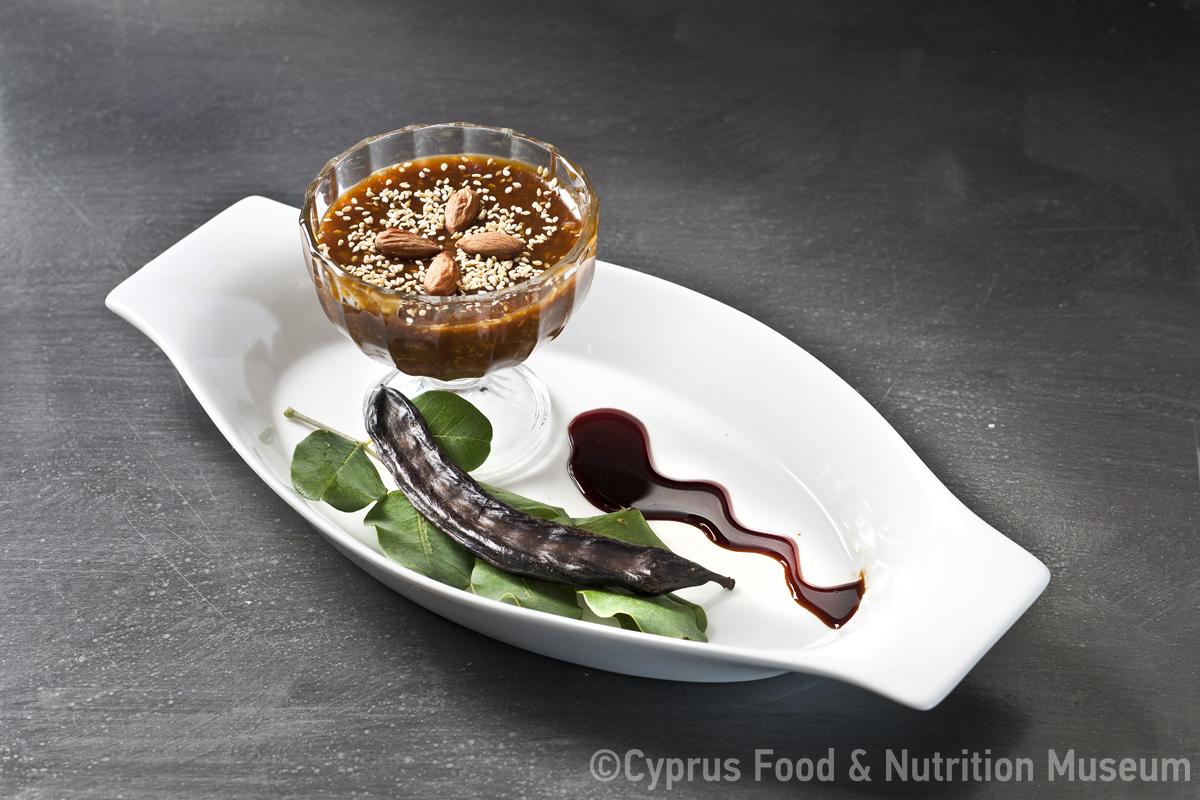A sweet with wheat or poppy seeds.
Name - Origin
A sweet with wheat or poppy seeds.
Sopater of Paphos in his work 'Pylaeus' mentions that 'kopti' was made with either poppy seeds or with yellowish wheat seeds mixed with sugar confectionery (Athenaeus, Dipnosophistae 14.649a)
Functional and symbolic role
It is mentioned, amongst other desserts, by Clearchus of Soli (4th-3rd c. BC) in his work ‘'On riddles’'. The passage is quoted by Athenaeus (2nd-3rd c. AD) in his work 'Dipnosophistae'.
Additional information and bibliography
Athenaeus (2nd-3rd century AD) records two authors in his work 'Dipnosophistae' in which 'kopti' appears as a sweet. He mentions the work 'On Riddles' by Clearchus of Soli (4th-3rd century BC) and the play 'Pylaeus' by Sopater of Paphos (late 4th century BC) in which a character wonders who invented the sweet 'kopti' (Athenaeus, Dipnosophistai 14.649a).
‘…but the honey-cake here set before us is mentioned by Clearchus of Soli in his work 'On Riddles', speaking thus ...And similarly in the case of desserts:...kopte ...Again Sopater, the writer of farces, says in the play entitled 'The Gates' "Who was the man who invented koptai made with unnumbered poppy-seeds, or mixed joyous sweetmeats in yellow wheat?’
Athenaeus, Dipnosophistae 14.649a in: Gulick, C.B. translation (1980) Athenaeus-The Deipnosophists, Loeb Classical Library vol.6. Cambridge: Harvard University Press, 506-507.
Natassa Charalambous
